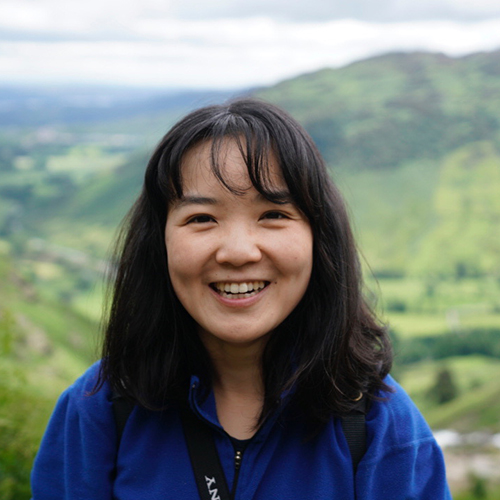Optics and Photonics
Optics and photonics are vital to our modern society. Electrical lighting has changed our lifestyle, and optical communication is a cornerstone of the internet. Lasers are used to cut and weld metal pieces in the industry. Solar cells power our houses, and optical sensors safe keep our environment. About 120 years ago, you saw almost nothing of this. Yet, many revolutions in optics and photonics are deemed to come and will continue to change the world for the better.
Optics and Photonics at KTH
By studying optics and photonics, you will receive a broad knowledge of optics and photonics ranging from geometrical optics, wave optics, photonic devices and systems to advanced quantum optics. You must choose a minimum of 40 ECTS credits of core knowledge courses within the track. Among them, there are two mandatory courses, one on light propagation ( Optical physics SK2303 ) and the other on light-matter interaction ( Light-matter interaction SK2902 ). You can then choose your own direction within the field from a wide range of courses.
Specialised courses are taught by researchers at the Department of Applied Physics, often in close relation to their research topics. These courses gives an excellent preparation for the master’s degree project and for future career in industry or academia. For example, some modern topics within the fields are taught in courses on quantum optics ( Quantum photonics, SK2900 ), laser physics ( Laser physics, SK2411 ) and X-ray physics ( X-ray physics and applications, SK2551 )
Career
After completing your master's degree in the Optics and Photonics track, both academic and industrial routes will be open to you. Students interested in research can contact the different research groups during their studies and often continue to pursue PhD studies in Sweden or other countries. Students interested in the industry often go to research and development in Swedish and international companies. Optics and photonics are an enabling technology for many technology-based companies, and people with relevant competence in the field are in high demand.
Graduate interview


